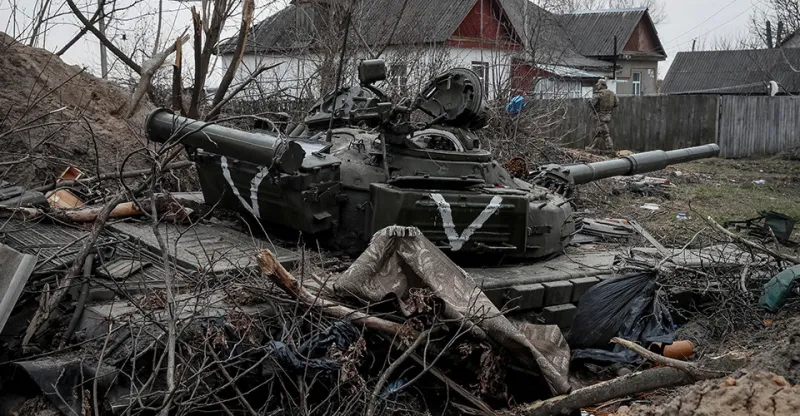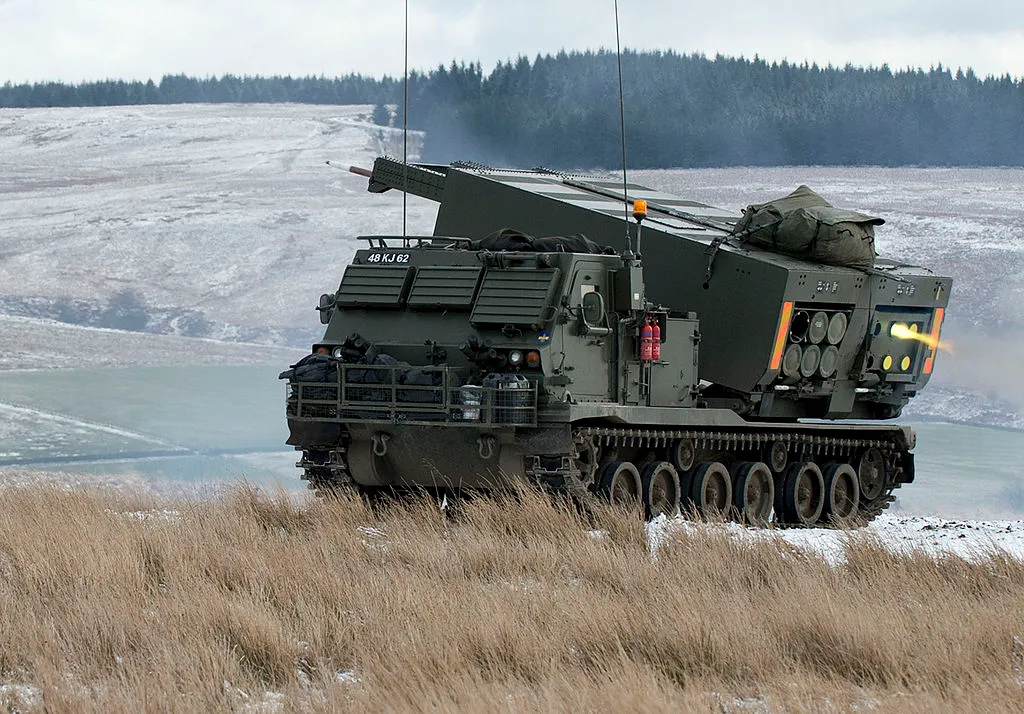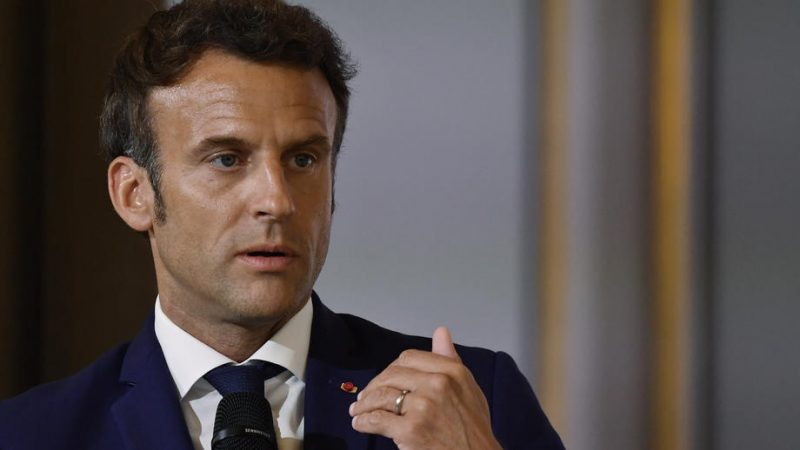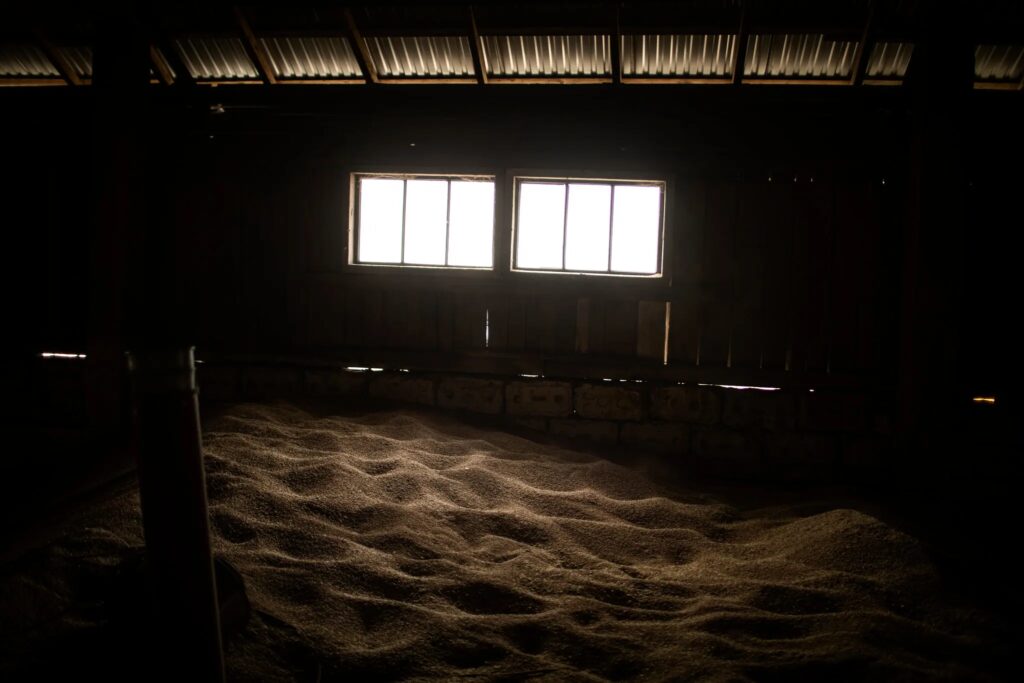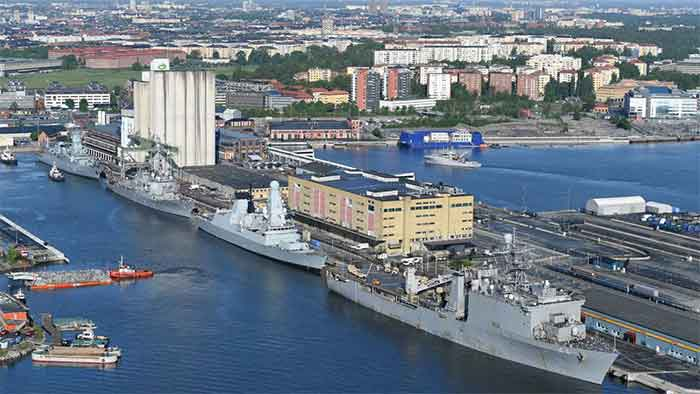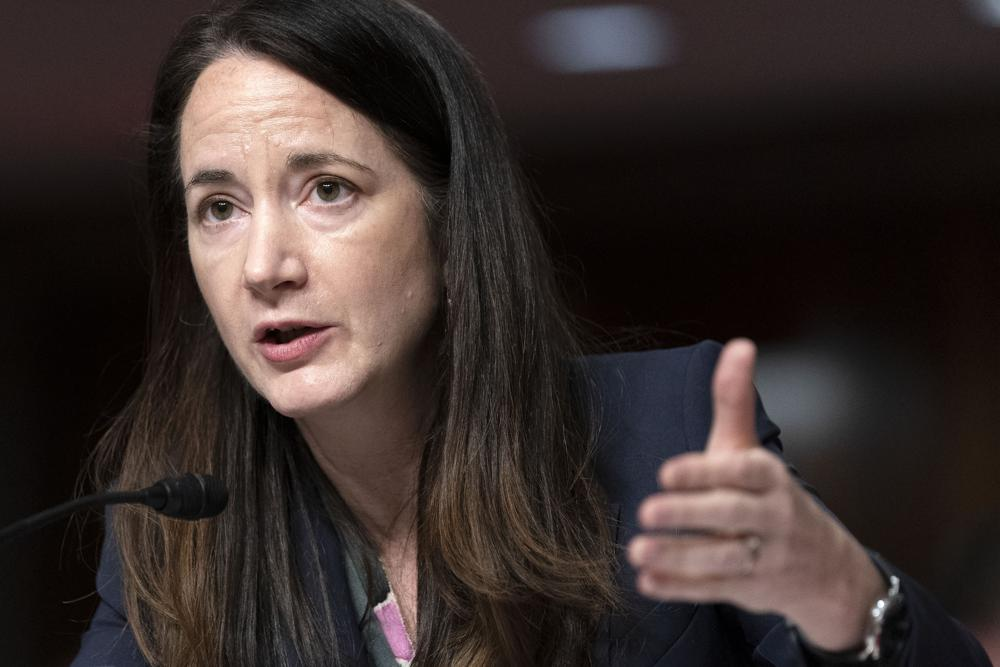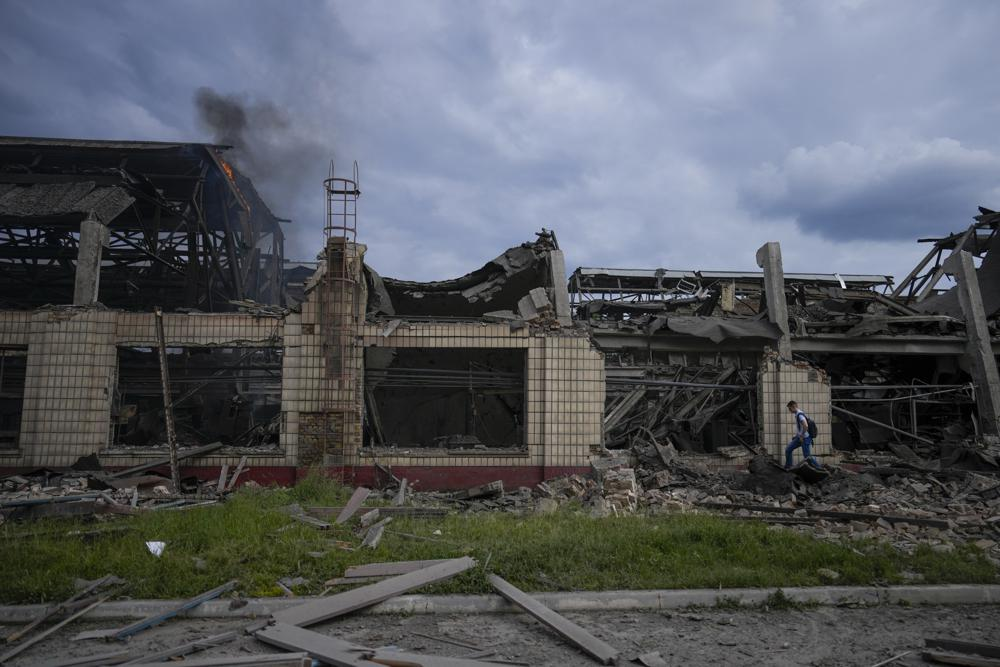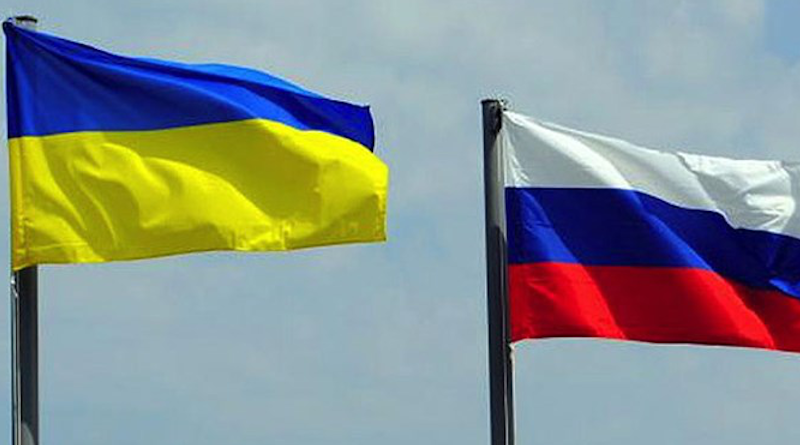Putin Sacks 5 Russian Generals as Russian Army Sinks in Graft and Incompetence
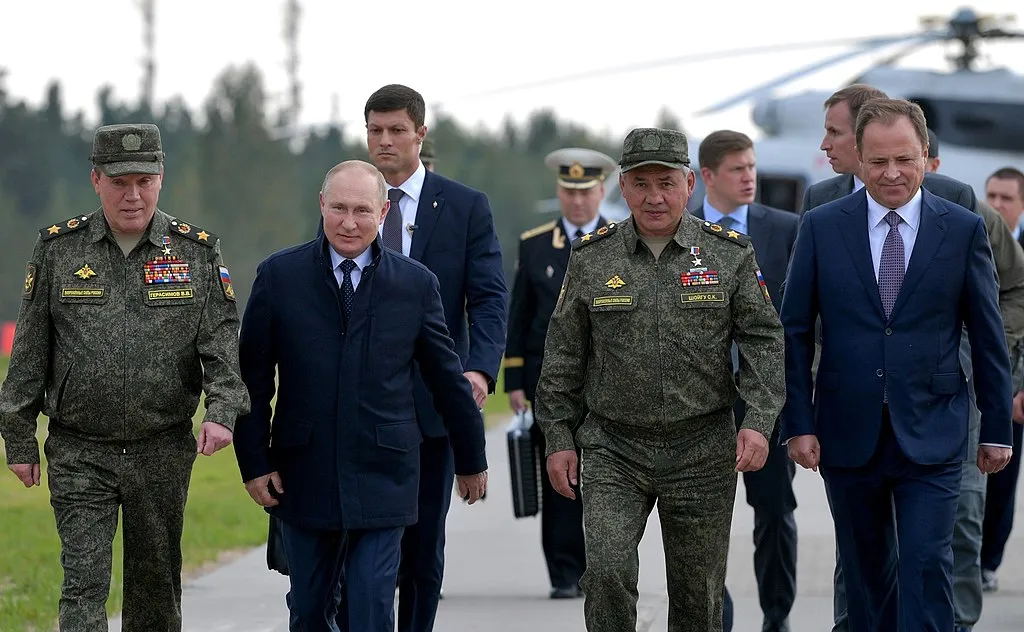
Amidst allegedly losing two more Russian generals the past week, Russia’s Vladimir Putin decided that it was time to purge his top military generals by dismissing five more generals. This comes as Russia continues to struggle in advancing and capturing areas in eastern Ukraine, specifically in Severodonetsk, where it has failed to capture the entire city.

